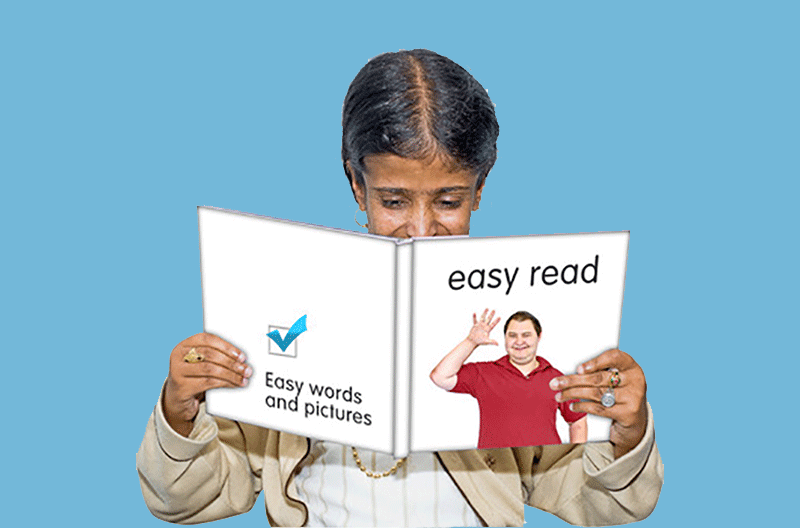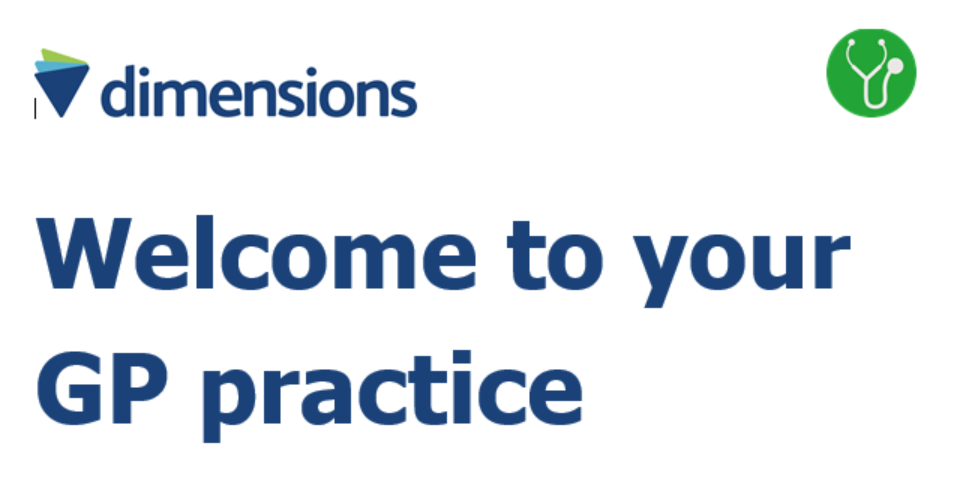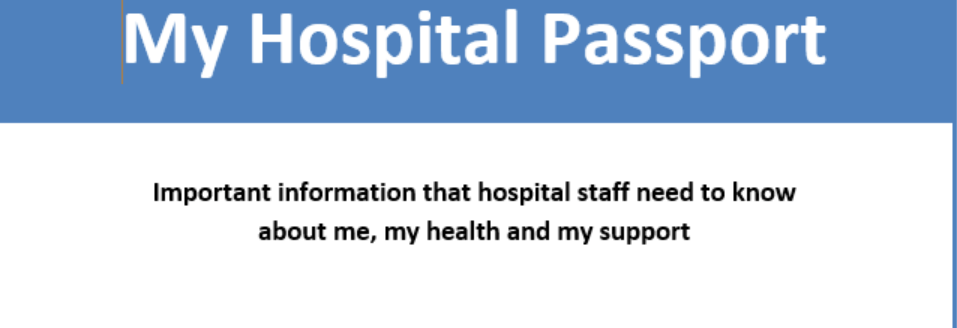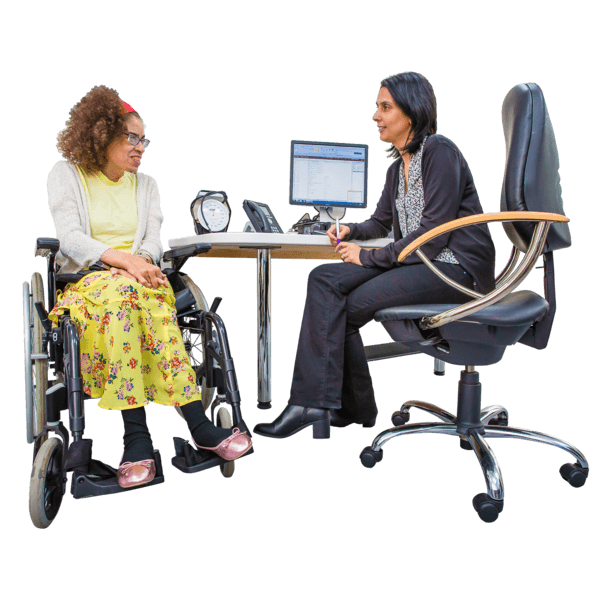For carers: Their right to reasonable adjustments
The Equality Act 2010 creates a duty to make reasonable adjustments so that people who have a disability are not disadvantaged. They are small changes that can make a big difference to someone’s experience.
Reasonable adjustments can be very bespoke and unique to the person, so it is important to have a conversation with the person and record the adjustments that work for them.
There are also some adjustments from which most people who have a learning disability and autism would benefit.
Reasonable adjustment ideas
Booking double appointments
The means that the person you care for and their chaperone will have twice as long with the doctor or nurse. This extra time can be important for the doctor or nurse to build a rapport with the person you care for and help make sure they have enough time to find out the information they need and do any checks.
Booking appointments at the beginning and end of the day
By booking appointments at the beginning and end of the day you help to make sure the practice is less busy and the practice staff can let you know about any delays there are. Sometimes appointments at the end of the day are delayed more because there is a backlog.
Having a quiet area at the practice
Asking for a quiet place where the person you care for can wait is a good way to help reduce any stress right from when they arrive. You can guide them to this quiet area or room while you check them in. The practice might not have space for this, but it’s worth asking for in advance.
Asking for someone to come and collect you when it’s time
Some practices have screens or sound systems to let patients know when it’s time for their appointment. But this can cause anxiety about missing the announcement (especially if the person you support has reduced hearing or eyesight). Ask for a member of practice staff to collect you and the person you support when it is time for their appointment.
Ask for easy read information and social stories
Some practices will be able to provide letters and information in easy read and may be able to provide a social story personalised to their practice that you can edit for the journey.
If these aren’t possible then letters and information in large fonts can be easier to understand too.










